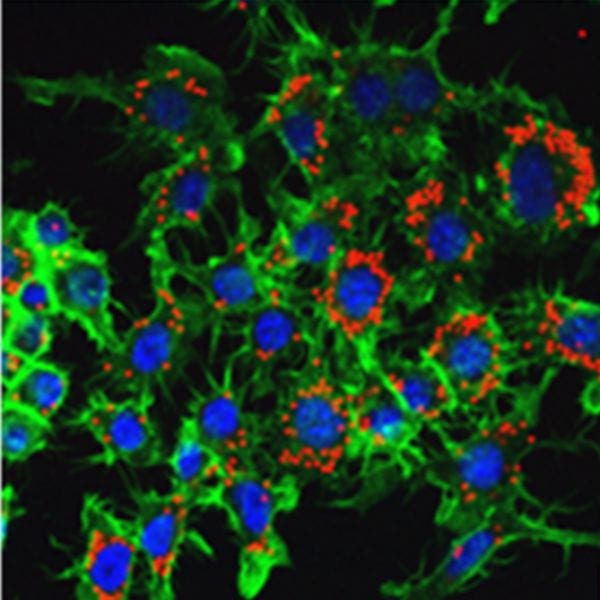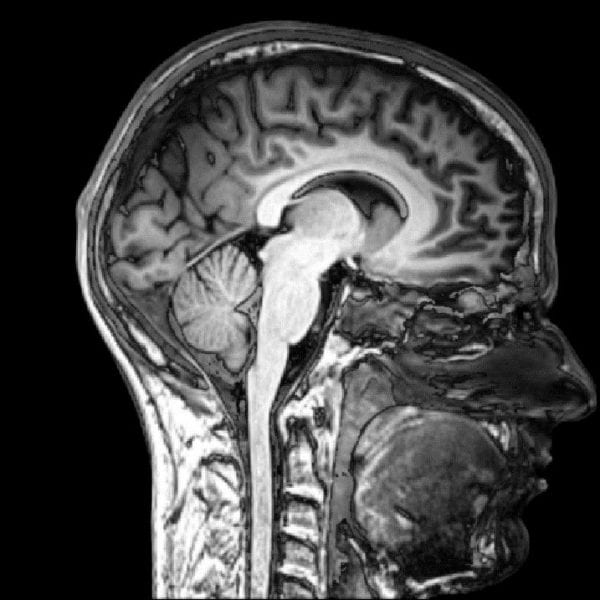Research team in the US have reported promising findings on the potential for nanotechnology to deliver chemotherapeutic agents.
Dalhousie Awarded $1.25M to Study Superalloy Bonding for Aircraft Engine Parts
Research into advanced materials processing aims for better manufacturing methods that will revolutionize how aircraft engine parts are made.

Fetal risk of nanoparticle exposure assessed
Scientists in China and Australia identify the factors that determine the risk of fetal exposure to nanoparticles.

Harmless Replacement of Lead in Plumbing
To meet environmental demands and new regulations and standards, Egypt researchers developed a lead-free silicon brass alloy with good machinability and castability.

Hydrogen peroxide sensors
Researchers from the Chinese Academy of Sciences report optical waveguide hydrogen peroxide sensors based on a reactive sheath and a nanowire core.

Nanochemistry Prescience?
Professor Ozin looks back at the predictions for the field of nanochemistry he made 20 years ago; where has nanotechnology gone since?

Catching up with Younan Xia
Professor Younan Xia talks with Materials Views about his move to Georgia Tech and the new direction of his research.
Energy Autonomous Micro and Nano Systems
This resource provides a detailed overview of the fundamentals and latest developments in the field of Energy autonomous Microsystems. An in-depth study of the applications, in the fields of: * health and usage monitoring * medical implants * home automation...

Comparing MRI Contrasts
Gossuin, Sandre, et al. describe the design of magnetic nanoparticles with optimised relaxivity for magnetic resonance imaging (MRI).

German Government and BASF Launch Long-Term Nanomaterial Safety Study
€5 million funding will enable externally advised project to study effect of nanomaterials on the lungs.










